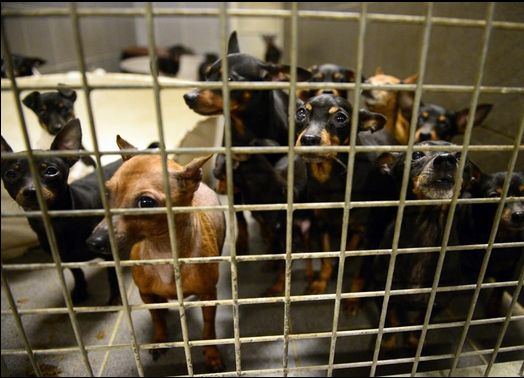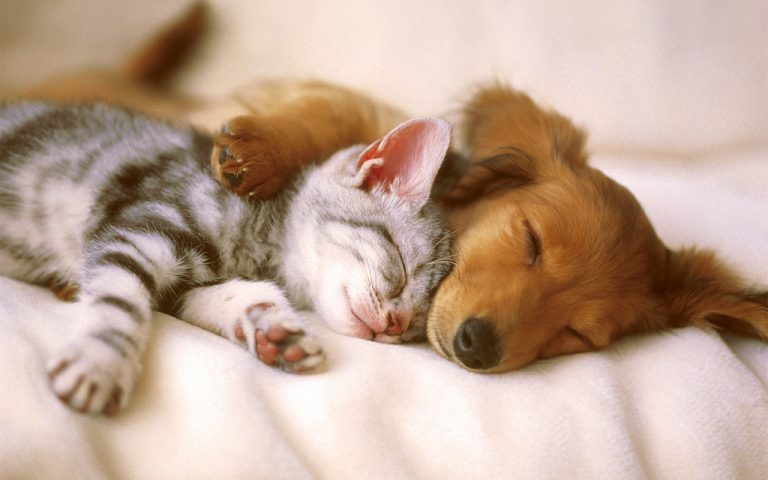Behind friendly facades sometimes lurks bread-breeding: breeding for profit, not for welfare. With this guide, you'll recognize red flags, choose responsibly and help prevent animal suffering.
What is bread breeding?
Brood breeding is irresponsible breeding for profit with minimal concern for health, socialization and welfare. Animals are seen as products; conditions are often poor and transparency is lacking.
How do you recognize bread breeders?
1) Warning signals in advertisements and contact
- Pressure selling ("now or never," "out of stock") or unrealistic promises.
- Vague or unprofessional contact information; multiple ads with the same number.
- Want to force home delivery to hide location.
- No visitation of parent animals; unclear age of puppies.
- Always check independent reviews and ask for references.
2) Unsanitary conditions
Stench, dirty pens, animals in their own feces or many sick animals? Leave immediately and report.

3) No papers or documentation
Reliable breeders provide health booklet, vaccination schedule, chip and registration information and pedigree/parents.
4) Too many (different) races
Focusing on quantity instead of quality is a red flag. True breeders specialize and know their lines through and through.
5) No selection of buyers
A good breeder asks questions and sometimes refuses sales. Those who sell "to everyone" are not choosing in the best interest of the animal.
6) Suspicious price
Too good to be true = usually not true. Low prices or cash-only transactions are suspect.
What can you do?
1) Adopt - save a life
Consider adoption from a shelter or foundation. You'll be giving an animal a second chance and not supporting a bad trade.
2) Support reliable breeders
Visit by appointment, see the mother (and preferably father), review contract and health documents, and ask lots of questions.
3) Report suspicious practices
See abuses? Make a report to the Animal Control Authority (144) or local agencies. Better one report too many than too few.
Checklist: this is how to recognize a good breeder

1) Careful selection of parent animals.
Health tests (breed-specific tests), stable temperament and clear pedigree.
2) Healthy, socially developed puppies
Pups grow up in home environment, with socialization, deworming, vaccinations and vet check.
3) Transparency and openness
Full information on pedigree, health and any breed risks; all documents available for inspection.
4) Counseling after purchase
Advice on nutrition, training and aftercare; available for questions and help.
5) Membership and code of conduct
Affiliated with recognized breed association and work according to breeding regulations and ethical standards.
Want to get experience with dogs or cats before making a big decision? Arrange dog sitter in your area or cat sitter at home and find out which type of animal really suits you.









